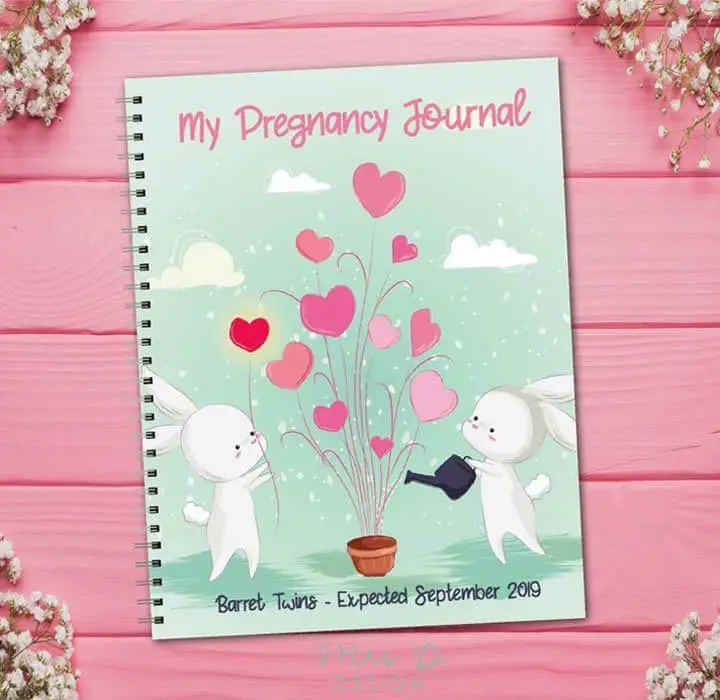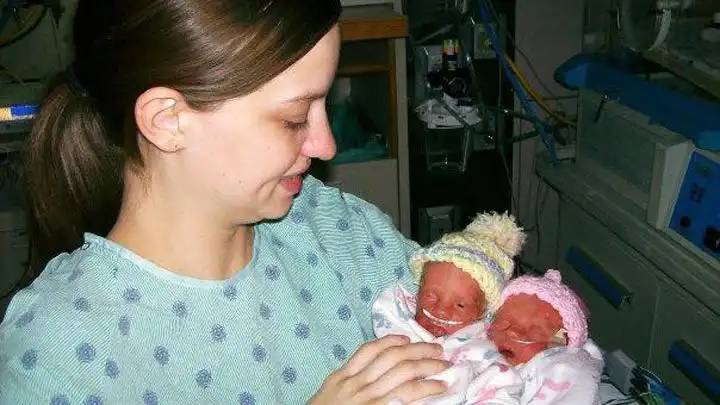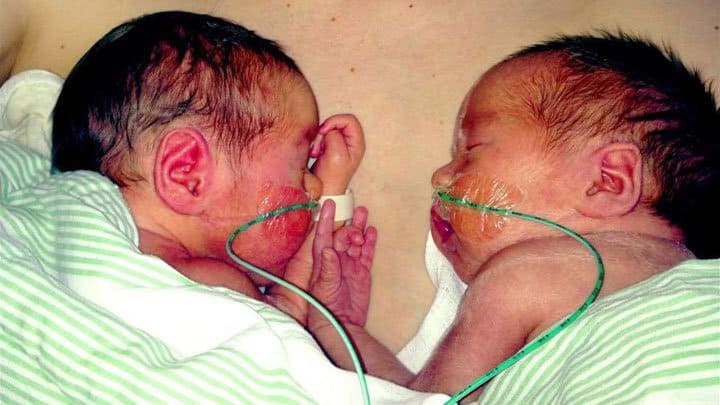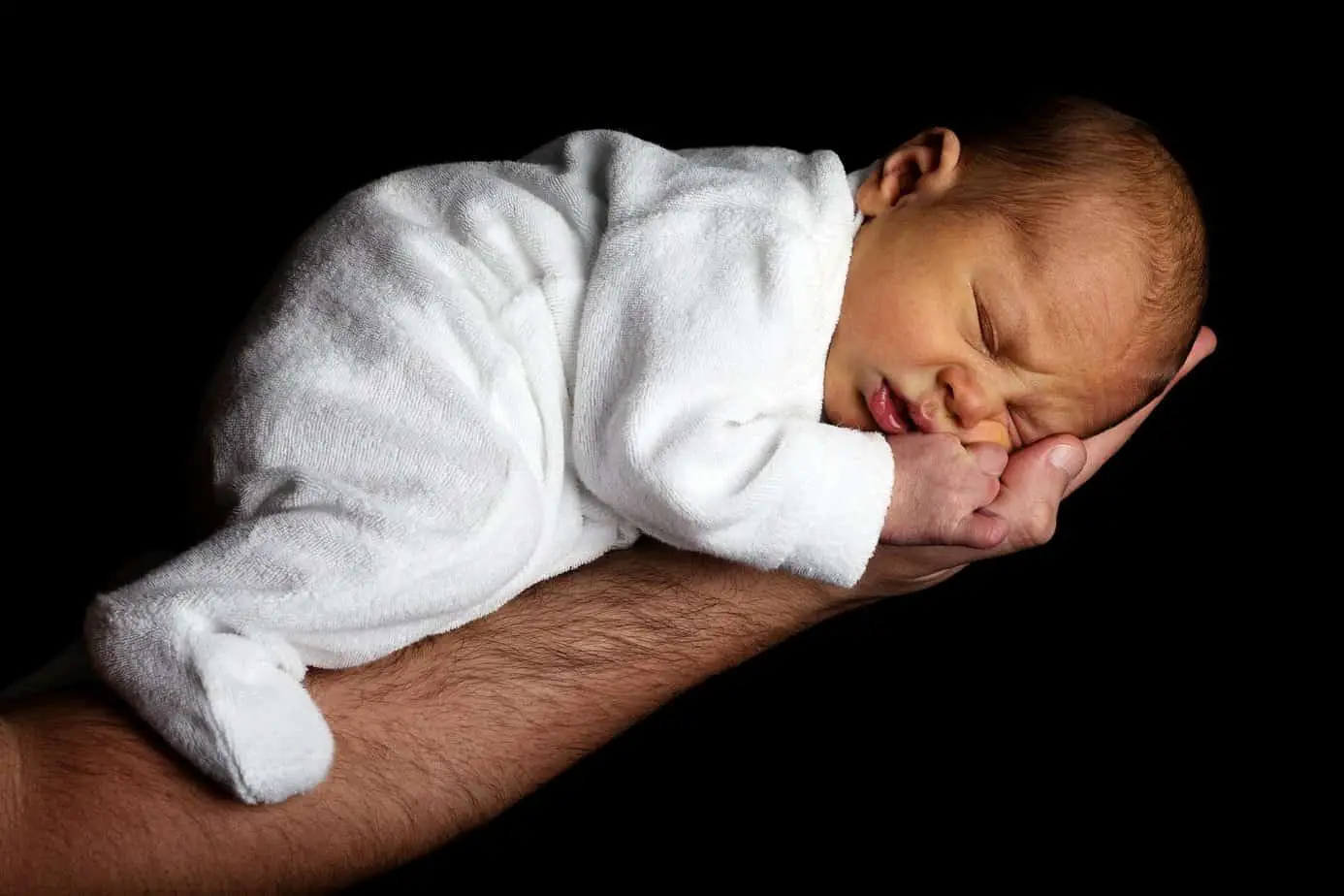Twin Mums Have an Increased Risk of Cardiovascular Dysfunction
A 2017 study finds that women pregnant with twins have an increased risk of cardiovascular dysfunction. The study was published in the Journal of Perinatal Medicine. The purpose of the study was to compare the changes in cardiac function between women pregnant with twins and singletons. A woman’s cardiovascular system undergoes significant changes throughout pregnancy, and a woman pregnant with twins experience greater changes than someone who is pregnant with a single baby. The women included in the study all visited the same medical center between January 2010 to February 2016. Women with preeclampsia and a history of cardiovascular disease were excluded from the study.
Similar age and BMI
A total of 142 women pregnant with twins, and 44 women pregnant with singletons were included in the study. 21 women pregnant with twins were excluded from the study due to preeclampsia or history of cardiovascular disease. The women included in the study were seen in early, mid- and late pregnancy as well as within five days and one month after delivery. The age of the women and BMI before pregnancy were similar in the twin and singleton groups.
High-risk periods for twin mums
Among other findings, the researchers learned that in late pregnancy, the serum brain natriuretic peptide (BNP) levels were much higher in the women pregnant with twins compared to the women pregnant with singletons. They also found higher levels early postpartum. The researchers concluded that women pregnant with twins have a higher risk of cardiac functional deterioration due to greater increase in blood volume. They recommend that late pregnancy and the time right after birth is considered as high-risk periods for developing cardiac dysfunction in women pregnant with twins.
Read more articles about twin pregnancy and twin birth














